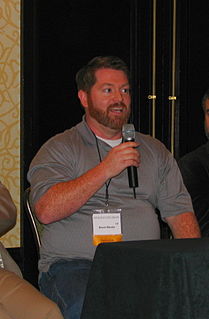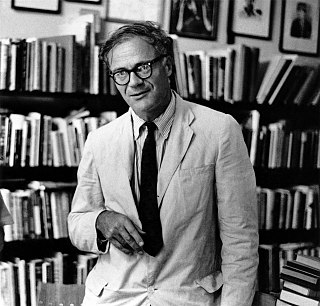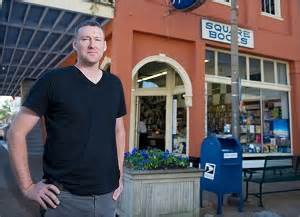A Quote by Richard Matheson
I think What Dreams May Come is the most important (read effective) book I've written. It has caused a number of readers to lose their fear of death the finest tribute any writer could receive. ... Somewhere In Time is my favorite novel.
Related Quotes
For me, the goal is always to write a novel that I myself would like to read. People frequently ask me what my favorite book is, and in effect, there's always a capital-F Favorite, capital-B Book that I would like to write myself someday. I try to go for that ideal of writing the best, most entertaining, most beautifully written book that I possibly can.
I don't think about the reader in any conscious way that impacts the writing, as far as, Hey, most readers would like this! But at the same time, if it were presented to me: "John, you're going to write a novel. It's going to take you a few years. When you're done with it, there's a law that no one's allowed to read it." I don't think I would write it. I want someone to read it!
A novel is what you dream in your night sleep. A novel is
not waking thoughts although it is written and thought
with waking thoughts. But really a novel goes as
dreams go in sleeping at night and some dreams are like
anything and some dreams are like something and some
dreams change and some dreams are quiet and some dreams
are not. And some dreams are just what any one would
do only a little different always just a little
different and that is what a novel is.
Young people are going to go to someone, somewhere. And we had better see that that 'someone' is us when the opportunity is ours, for there will come a time when we will wish they would come, and do we know but that the interruption we now impatiently put off may be the most important thing we could be doing at this particular time?
I am not sure I knew what I was doing, writing an "apocalypse" novel, when I started this book. Now that the book is done, I can own that I have in fact written an apocalypse novel, one that speculates on a dark, dark future. Why I did it, I really don't know - every time people read my work they comment on its darkness, its sadness.
If I lived in China or even Russia, or any totalitarian country, Maybe I could understand some of these illegal injunctions. ... But somewhere I read of the freedom of assembly. Somewhere I read of the freedom of speech. Somewhere I read of the freedom of the press. Somewhere I read that the greatness of America is the right to protest for right.


































